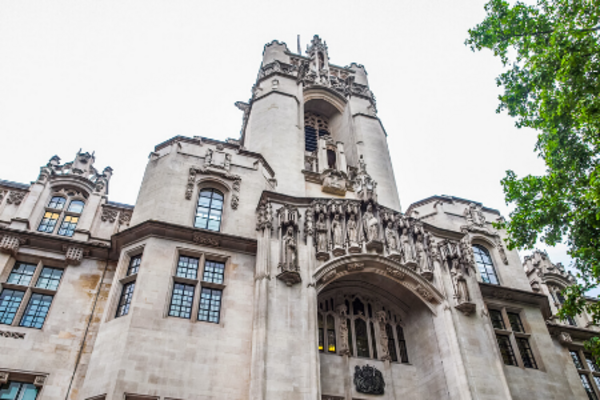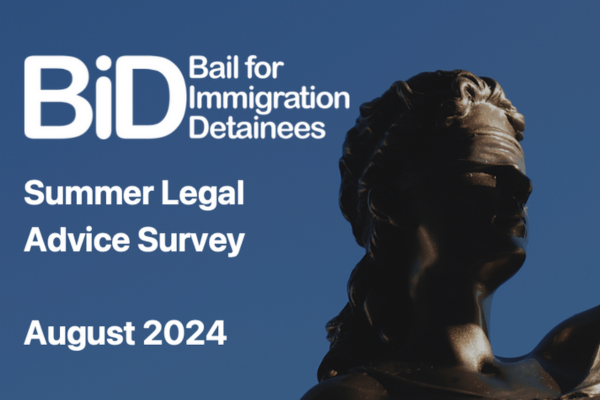The Supreme Court has today unanimously allowed DN (Rwanda)’s appeal in which BID intervened. The court found that DN (Rwanda) was unlawfully detained and is entitled to pursue a claim for damages for false imprisonment.
The landmark ruling will have widespread ramifications across all aspects of domestic law. It confirms that decisions based on a previous incorrect or unlawful decision are also unlawful and in particular that where a prior unlawful decision bears upon a decision to detain an individual, the detention will be unlawful.
In 2007 the Secretary of State issued a deportation order against DN (Rwanda) based on legislation that has since been found to be unlawful. BID argued in written submissions that as the decision to detain was directly based on an unlawful deportation decision, the detention of DN was also unlawful. The Supreme Court ruled in line with BID’s submissions and DN (Rwanda) is now able to pursue a claim for damages for false imprisonment.
While the Secretary of State accepted the deportation decision was unlawful she maintained that the subsequent decision to detain was not. She argued that that the power to detain is a free standing power, effectively unrelated to the deportation decision. That was clearly incorrect.
This judgment is very important in particular for immigrants, who are often administratively detained on the basis of prior immigration decisions. Now it is clear that if a detainer makes an unlawful decision and then relies upon that decision to detain, detention is unlawful.
The problematic nature of Home Office decision making is well documented. In June 2019 Government figures revealed that over half of immigration appeals are successful when appealed in court. With many people unable to access legal aid due to removal of non-asylum immigration cases from the scope of legal aid in 2012, the true scale of people affected is likely to reach far beyond those who make it to court.
By holding the Home Office accountable for their decisions, we hope this ruling will encourage them to exercise greater care over their life-changing decisions.
BID assistant director Pierre Makhlouf commented:
“Unfair or unlawful decisions lead to unfair and unlawful detention, cutting people off from the legal advice and community ties they need to fight the incorrect decision. The Secretary of State has too often been quick to make decisions to deport people without proper account being given their human rights. This ruling holds the Home Office accountable for the trauma, pain and suffering caused by their poor and careless decision making.
The Home Office has such wide powers of detention and deportation, acting as judge jury and executioner. This case demonstrates the benefit of more judicial oversight that may improve the quality of decision-making.”
Maeve Hanna of Allen & Overy solicitors who represented BID said:
“We are delighted to have represented BID on a pro bono basis in this significant case which stands to benefit a number of BID’s clients. BID’s work for individuals affected by immigration detention is hugely important and its practical and legal expertise can make a real difference in interventions, such as in this case.”
BID would like to say a huge thank you to the team who enabled BID's intervention, all providing their help on a probono basis:
- Raza Husain QC, Matrix Chambers
- Laura Dubinsky, Doughty Street Chambers
- Eleanor Mitchell, Matrix Chambers
- Andrew Denny, Allen & Overy Solicitors
- Maeve Hanna, Allen & Overy Solicitors
- Georgina Thomson, Allen & Overy Solicitors
- Aoife O'Reilly, Allen & Overy Solicitors
Read the Supreme Court’s press summary
Read the judgement in full









